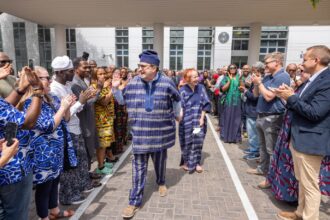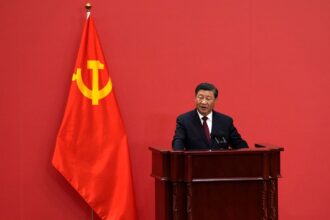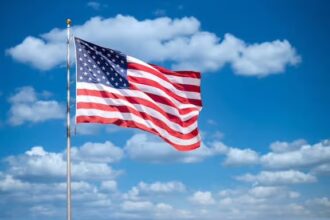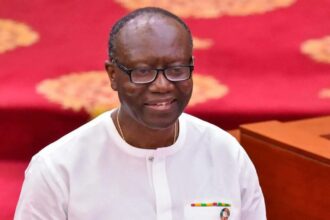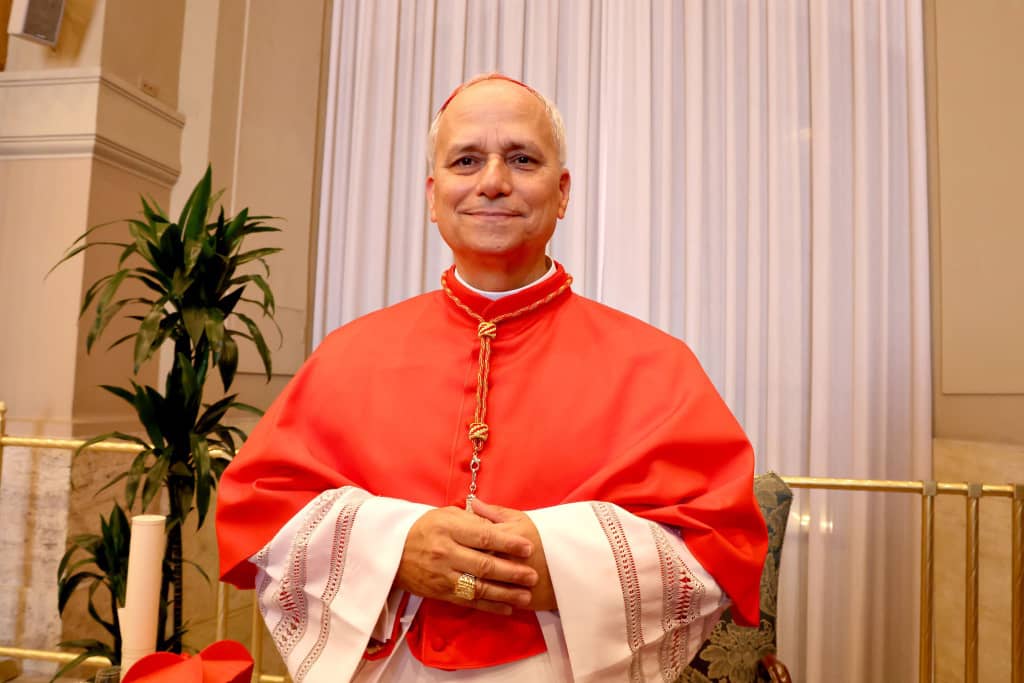
Robert Prevost has made history as the first American to assume leadership of the Roman Catholic Church, marking a departure from the Vatican’s historical reluctance toward a pontiff from the United States.
The 69-year-old from Chicago has adopted the name Pope Leo XIV, as announced by a senior cardinal from the central balcony of St Peter’s Basilica on Thursday evening.
The declaration followed the emergence of white smoke from the chimney above the Sistine Chapel, signaling to the public that a new pope had been elected by a two-thirds majority of the 133 cardinals gathered for the conclave.The bells of St Peter’s Basilica rang out shortly after, further confirming the conclusion of the papal election.
Prevost was selected on the conclave’s second day, following the fourth round of voting. The decision came swiftly, particularly considering the large number of participating cardinals, most of whom had been appointed by Pope Francis, who passed away last month at the age of 88. Francis had aimed to diversify the Church’s leadership by appointing cardinals from across the globe.
Prevost was among the leading contenders heading into the conclave. Other notable candidates included Pietro Parolin, the Vatican’s secretary of state; Luis Antonio Tagle, a reform-minded cardinal from the Philippines; Péter Erdő, a conservative from Hungary; and Robert Sarah, a Guinean cardinal critical of Francis’s leadership.
During the pre-conclave sessions held twice daily, the cardinals emphasized the need for a new pope who could act as “a bridge and a guide for a disorientated humanity marked by the crisis of the world order.”
Key topics discussed in these meetings included evangelisation, the Vatican’s financial stability, clerical sexual abuse, global conflicts, and outreach to the poor and migrants. One of the central challenges for the new pontiff will be preserving unity within the Church amid divergent opinions and expectations, alongside growing polarisation globally. Analysts suggest there is a genuine risk of division after two decades of contrasting leadership styles between Benedict XVI’s traditional conservatism and Francis’s progressive reforms.
As a global figure, the pope is expected to promote harmony in a world facing conflicts in Ukraine, the Middle East, and Sudan, along with contentious issues like migration, climate change, religious freedom, and human rights.
The ongoing impact of the clerical abuse crisis remains a critical concern. Francis was often criticized for his slow response to the scale and systemic nature of the problem, and the new pope’s handling of the issue will be closely watched.
Source : https://www.theguardian.com/





